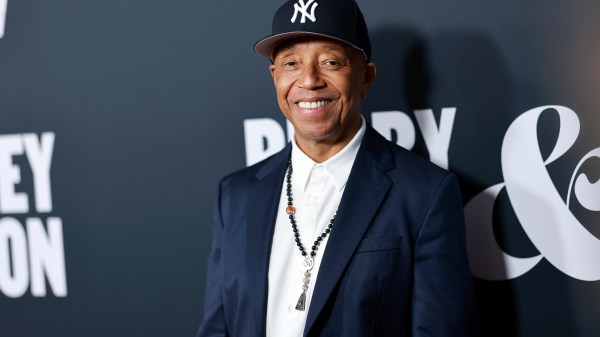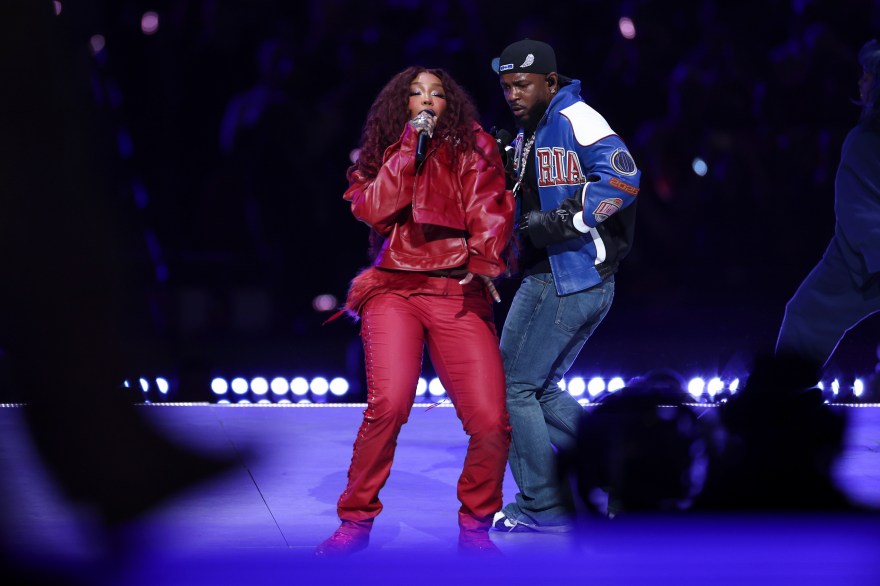Videos by According2HipHop
For the first time since 1990, there isn’t a single rap song sitting inside the top 40 of the Billboard Hot 100. The streak — 35 years of uninterrupted rap presence — quietly came to an end this week after Kendrick Lamar and SZA’s “Luther” was removed from the chart due to a new set of Billboard rules.
“Luther” didn’t fall off naturally — it was pushed. Billboard updated its longtime chart-removal rules, now automatically pulling any track that dips below No. 25 after 26 weeks. Kendrick and SZA’s collab held on at No. 38 in its final week but didn’t cross the No. 25 threshold in time, making it the first casualty of the shift.
The timing is surreal. Kendrick is in the middle of one of the most decorated runs of his career — five Grammys this year, a Super Bowl halftime performance, and GNX becoming the longest-running No. 1 in the history of the Top Rap Albums chart. Yet the genre he represents is suddenly absent from pop’s most visible scoreboard.
To be clear: rap hasn’t disappeared from the charts entirely. YoungBoy Never Broke Again (“Shot Callin,” No. 44), Cardi B with Kehlani (“Safe,” No. 48), and BigXthaPlug (“Hell at Night,” No. 49) are all hovering right outside the top 40, so a rebound is possible. But the drop-off reflects something bigger happening across the culture — what Billboard calls a “dip in rap’s commercial dominance.”
The numbers back it up. In 2020, at rap’s pandemic-era peak, 16 hip-hop tracks were in the top 40. Last year, that number was sliced in half. Now we’re at zero, a statistic no one would’ve dared predict during the Drake/Future/Migos streaming boom years.
The last time rap was shut out of the top 40 was February 1990 — pre-Hot 97 dominance, pre-SoundScan, pre-global hip-hop economy — when Biz Markie’s “Just a Friend” had slipped to No. 41 before bouncing right back the next week. The genre was still fighting for legitimacy then. In 2025, the absence feels like a different kind of warning.
Is this just a temporary chart drought? A sign of shifting listener habits? A result of fractured streaming attention and a TikTok-driven pop wave? Or is it simply rap taking a breath after a decade of cultural overexposure?
Whatever the answer, the end of a 35-year streak marks a turning point — not just for Billboard, but for how hip-hop measures success in a world where the charts may no longer be the final word.























